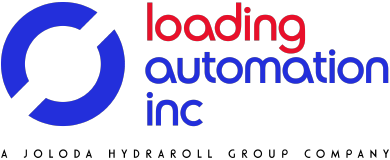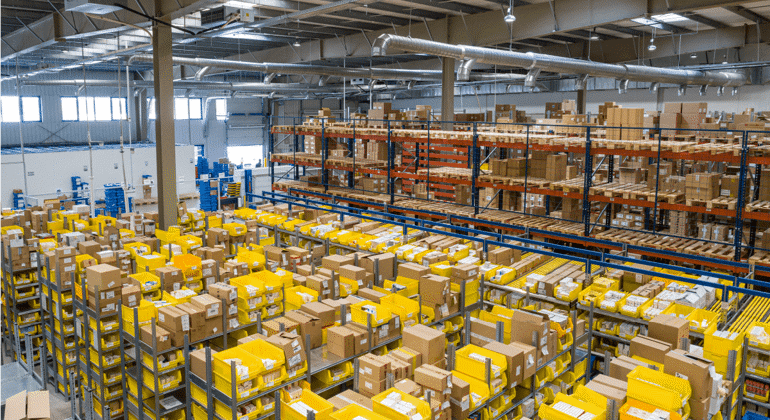Whether you agree that there is a climate change crisis or otherwise, it's indisputable that sustainability has become an important aspect for businesses. Consumers want to buy from companies that operate in an eco-friendly way.
That's a real challenge in an industry in which the use of transport and machinery to help prepare goods and get them from one destination to another, which could be a large distance, is so heavy. Businesses who can rise to it (or at least make a clear, concerted effort to), however, can enjoy some considerable benefits.
Below is a look at some of the fantastic benefits for companies that employ sustainable logistics practices as part of their supply chain management.
How can sustainable logistics improve your business?
Book a FREE Loading Assessment
Learn how to make the loading process safer and more efficient with a no-obligation assessment...
BOOK NOW







